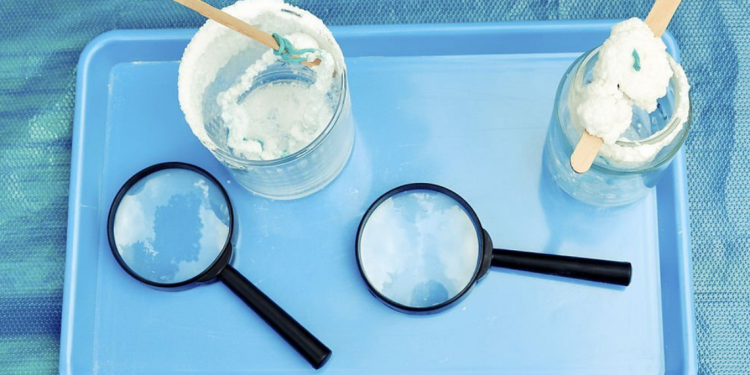Salts are compounds that ionize in solution to give the cation (positively charged ion) and the anion (negatively charged ion). The strength of the acid or base in a solution will determine how soluble a salt is. Salts that are more soluble in an acidic solution than in pure water will have an anion that is more soluble in an acidic solution than the cation.
Introduction: which salts will be more soluble in an acidic solution than in pure water?
Salts are compounds that result from the neutralization of an acid and a base. In general, salts are more soluble in acidic solutions than in pure water. This is because the acid can break the ionic bonds between the salt’s ions, allowing them to dissolve more easily. However, there are a few exceptions to this rule; some salts become more soluble in pure water when they are in an acidic solution.

Ions are atoms or molecules that have an electric charge. This is because they have either lost or gained one or more electrons. Salts are compounds made up of two or more ions. When salts are placed in water, the water molecules can surround the ions and dissolve them. Some salts will be more soluble in an acidic solution than in pure water because the acid can break the ionic bonds between the salt’s ions, allowing them to dissolve. Adding CuBr to H+ forms a weak acid, HBr. This makes it highly soluble in acetic acid solutions than in pure water.
Salts that are more soluble in an acidic solution:
Salts are compounds that are made up of ions. Ions are atoms or molecules that have a net charge because they have more protons than electrons. In an acidic solution, there are more hydrogen ions (H+) than hydroxide ions (OH-). This means that the H+ ions will be attracted to the negatively charged ions in the salt, and the salt will dissolve. Some salts are more soluble in an acidic solution than in pure water, while others are less soluble.
The reason why these salts are more soluble in an acidic solution:
In an acidic solution, the hydrogen ions will bind to the negatively charged molecules on the salt, breaking them apart. This makes it easier for the water molecules to surround the salt and dissolve it. The more acidic the solution, the more soluble the salt will be. Some salts, like sodium chloride, are more soluble in an acidic solution than in pure water. Others, like potassium chloride, are less soluble in an acidic solution than in pure water.
Conclusion:
In conclusion, table salt, or NaCl, will be more soluble in an acidic solution than in pure water. This is due to the presence of hydrogen ions in the acidic solution, which will form a stronger ionic bond with the chloride ions in NaCl. Additionally, other salts such as KCl and NH4Cl will be more soluble in an acidic solution than in pure water.
Read More About A person’s bac will go down if they: drink coffee, take a cold shower, or vomit?













